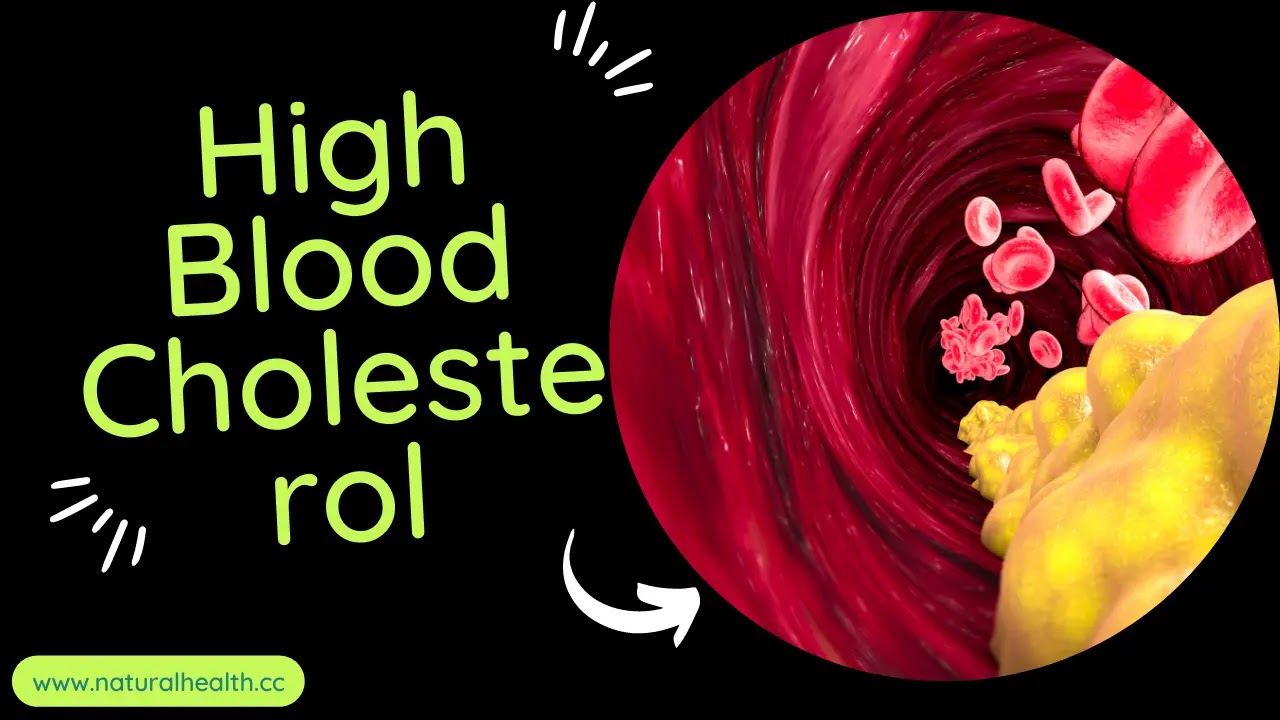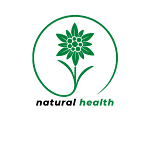
High blood cholesterol In every cell of the body, cholesterol is a compound that helps build new cells. However, if the level of cholesterol in the blood is high, fatty deposits will form within the walls of the blood vessels, and these deposits will eventually obstruct the flow of blood through the arteries, leading to heart disease.
types of cholesterol
There are three different types of cholesterol, which are as follows:
- 1. High levels of bad cholesterol (low-density lipoprotein - LDL)
It's the substance that passes through the body's bloodstream and accumulates on the walls of the arteries, making them stiffer and more constricted as a result.
- 2. Low-density lipoprotein (VLDL) is the second type of lipoprotein (VLDL)
Of all the types of proteins, this protein has the highest concentration of triglycerides, a type of fat that binds to proteins in the bloodstream, causing cholesterol particles to build up and become larger, eventually causing blood vessels to narrow.
If you're taking medications to lower your cholesterol but your blood test results show that your cholesterol has gone up, you may need to take additional cholesterol-lowering medications because your triglycerides are high.
- 3. Your Good Cholesterol (High Density Lipoprotein - HDL)
It is responsible for collecting any extra cholesterol and returning it to the liver for processing.
Symptoms of high cholesterol
Since high blood cholesterol levels can only be determined through a blood test, there are no symptoms associated with high blood cholesterol levels.
What is the main cause of high cholesterol in the blood?
Cholesterol travels through the blood vessels by forming bonds with certain proteins in the blood. In medical terminology, this fusion of proteins and cholesterol is referred to as lipoproteins. Here are the classifications of factors that affect cholesterol:
- 1. Controllable Factors Affecting Cholesterol
There are many factors that can be controlled that contribute to an increase in the proportion of bad cholesterol on the one hand, and at the same time lower the proportion of healthy cholesterol on the other hand. The most important ones are as follows:
- smoking
When you smoke a cigarette, the walls of your blood vessels are damaged, making them more susceptible to the accumulation of fatty deposits inside them. Additionally, smoking may lower healthy cholesterol levels.
- overweight
If your body mass index (BMI) is greater than 30, you are more likely to have high cholesterol.
- Malnutrition
Dietary cholesterol is raised by a variety of foods including red meat, high-fat dairy products, and meals high in trans fats (such as fried foods).
- Not engaging in any physical activity
Physical activity is recommended.
- 2. Factors beyond the individual's control
There are a number of other elements out of our control that can have an effect on the level of cholesterol in the blood, among them:
- Factors related to genetics
It is possible that genetic factors prevent the body's cells from removing harmful cholesterol from the blood efficiently, or genetic factors cause the liver to overproduce cholesterol.
- Other risk factors
Here are the groups that are formed:
- The effects of high blood pressure on the walls of the arteries are harmful, and this may lead to an acceleration of the process of accumulation of fatty deposits within the walls of the blood vessels.
- Increased amounts of bad cholesterol and decreased levels of good cholesterol are associated with diabetes, which is caused by high levels of glucose in the bloodstream.
- Patients with a family history of heart disease: If one, both, or one or both parents had heart disease before the age of 50, excess cholesterol levels increase the chance of heart disease.
Complications of high cholesterol
Very high cholesterol levels can lead to atherosclerosis, a deadly buildup of cholesterol and other deposits on the inner walls of the arteries. These deposits, referred to as plaques, have the ability to limit the amount of blood that flows through the arteries. The following may happen:
Symptoms such as chest pain and other symptoms are more likely to occur if the damaged arteries are the ones that supply blood to the heart.
One possibility is the formation of a blood clot that could completely block an artery or break and block another artery. Heart attacks and strokes can occur if blood flow to the heart is cut off, and if blood flow to the brain is cut off, stroke can occur.
A cholesterol test, which measures the amount of cholesterol in the blood, reveals the following:
- Total cholesterol levels in the blood.
- Cholesterol levels are very high.
- A healthy level of cholesterol.
- triglyceride level.
What is the fastest way to lower cholesterol?
Treatment includes:
- 1. Lifestyle change
Making required lifestyle modifications, such as those listed below, is the first step in treating high cholesterol.
Do regular physical activity.
Maintain a nutritious and balanced diet.
- 2. Drug therapy
Your doctor may recommend drug therapy if you've made major lifestyle changes but your LDL cholesterol level remains high. Choosing the right medication or coordinating several types of medication to treat cholesterol depends on several factors, including risk factors, age, current health status, and potential for adverse side effects.
Common and acceptable cholesterol medications include:
- Statins: The most common prescription drug for lowering the level of bad cholesterol in the blood, statins work by inhibiting the release of a chemical in the liver that is essential for cholesterol formation.
- Bile acid-binding resins: The liver uses cholesterol to make bile, which is important for the body's digestion. Bile acid-binding resins are used to bind bile acids. These drugs work by interfering with the process.
- The small intestine absorbs cholesterol from food and excretes it into the circulation. Cholesterol absorption inhibitors prevent cholesterol absorption. These medications work by blocking the absorption of cholesterol.
If your triglyceride levels are high, your cholesterol treatment may consist of the following:
- Vibrate.
- niacin;
- A combination of niacin plus a statin is used to treat high cholesterol.
In most cases, these drugs do not cause serious side effects, but their effectiveness varies from one individual to another. If you decide to take medications to treat high cholesterol, your doctor may advise you to have regular liver function tests to monitor the effects of these medications on your liver.
Prevent high cholesterol
Here are the top recommendations for lowering high cholesterol:
- Engage in some form of physical activity on a daily basis.
- Steer clear of all tobacco products, even those that reduce your risk of developing high cholesterol.
- Get a reduction in body weight.
- Consume nutritious foods, such as foods rich in dietary fiber, are nearly as effective as statins in lowering cholesterol levels, according to research.
- Avoid eating foods containing trans fats if possible.
- It's best to eat foods prepared with whole wheat because whole wheat contains a variety of heart-healthy nutrients.
- Combine your vegetables and fruits from a variety of sources.
- Always choose healthy fish over meat and chicken because many fish have lower levels of fat and lower amounts of saturated fat and cholesterol than alternatives to meat and poultry.
What is the best home remedy for cholesterol?
The number of natural products proven to be successful in lowering cholesterol levels is limited; However, these products are effective if your doctor agrees that they are. If you want to lower your cholesterol level, you can try the following alternatives:
- the floor of the spine.
- Barley.
- Psyllium seeds are a type of plant.
- garlic mix
- Oat bran.
